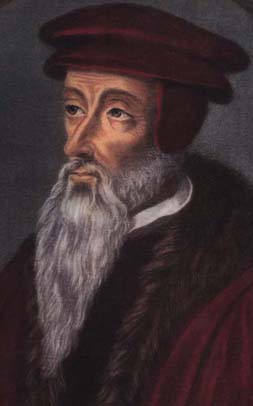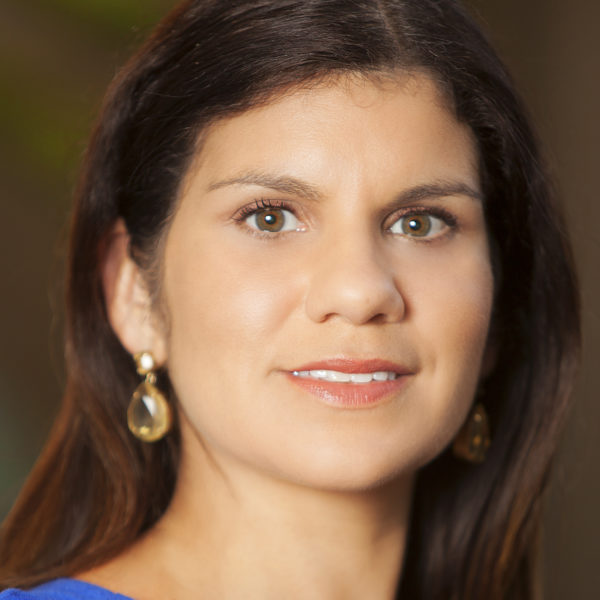In my book, The Right of the Protestant Left (Palgrave, 2012), I tried to restore Niebuhr to his precarious place within what I called the “old ecumenical Protestant left.” The reality is, the more Niebuhr’s celebrity rose among those outside of the church, the more marginal I found that he became to the main currents of liberal American Protestantism. I’m not referring here to the pacifist circles that Niebuhr turned his prophetic pen on. Rather, his friends, colleagues, and younger brother were so frustrated by Niebuhr’s indifference toward building a inter-Protestant world community—their chief interest—that they even considered leaving him out of their project altogether. Niebuhr was eventually reconciled to the ecumenical movement by his critique of “secularism” and his analyses of national and world problems through the lens of “original sin.” Still, those closest to Niebuhr continued to deride him as the “sackcloth and ashes man,” the “sin-snooping” saint who was fundamentally out of touch with the Christian hope….
This is the first time that I’m posting to the Political Theology blog, and I’m risking a re-post, no less! But I thought readers of this blog might be interested in some of the conversation that’s unfolding at An und für sich this week. Brandy Daniels has been posting some reflections on gender in the theological academy, and Anthony Paul Smith has posted something on ontology. I’m bringing these two things together, you might say, in a brief reflection on gender & ontology. I’m asking, in essence…
In the 17th century, although the evangelical theme of the two kingdoms is everywhere. It is often somewhat hidden, though operant, behind other more forefront matters of contest–self-interest vs sociality as the basis of society, the divine or human grounds of legitimate rule, the relation of the State to nascent civil society, public and private–and sometimes the thing itself goes under aliases. It sometimes plays a greater role in the thought of the doctrinally idiosyncratic, for instance Hobbes, than it does in that of those otherwise more orthodox, such as Richard Baxter. This is a very vast and complicated field. Given that this is to be such a short overview, we will consider here merely one aspect of Lutheran two-kingdoms doctrine, that of the denial of political power to the clergy, and point to a few landmark instances…
Few figures in the history of theology can boast as contested a legacy as Richard Hooker, the purported forefather of a protean via media that is redefined with dizzying frequency. Until recently, many readings of Hooker suffered from the insularity that characterized much of Anglican historiography, doggedly committed to the assumption that England had its own history, blissfully independent from goings-on on the Continent. So when historian Torrance Kirby suggested that in fact, Richard Hooker should be read as a theologian of the magisterial Reformation, he touched a raw nerve among Hooker scholars, generating a hostile backlash that, after two decades, shows no sign of letting up. Perhaps tellingly, none of the responses to Kirby and his followers has bothered to engage the thesis at the heart of his re-interpretation, that Hooker’s theological response to Puritanism rested throughout on his Protestant—indeed, Lutheran—two-kingdoms doctrine…

Unlike some other second-generation Reformers, we do not have to read between the lines to find a two-kingdoms doctrine in Calvin. On the contrary, he is far less ambiguous even than Luther in setting it out at the center of his theology, inviting the question of why Calvin studies have until recently largely ignored the theme. The doctrine appears in the all-important chapter III.19 of the Institutes, as Calvin concludes his discussion of justification and prepares to transition to his massive Bk. IV, entitled “The External Means or Aids By Which God Invites Us Into the Society of Christ and Holds Us Therein.” Inasmuch as Calvin scholarship has attended at all to his two-kingdoms idea, it has frequently assumed, as VanDrunen does, that in delineating the “two kingdoms,” Calvin intends to delineate the two distinct institutions within this sphere of external means—church and state. However, from a structural standpoint, it is more compelling to see his distinction of the two in III.19 as a center-post, with the “spiritual government” pointing back to his discussion of the inward reception of the grace of Christ in Book III, and the “temporal government” pointing forward to his discussion of the external means in Bk. IV—on this basis, both the visibly-organized church and the state would constitute external means in the temporal kingdom. Certainly Calvin’s word choice in describing the two seems to bear out such a reading…
